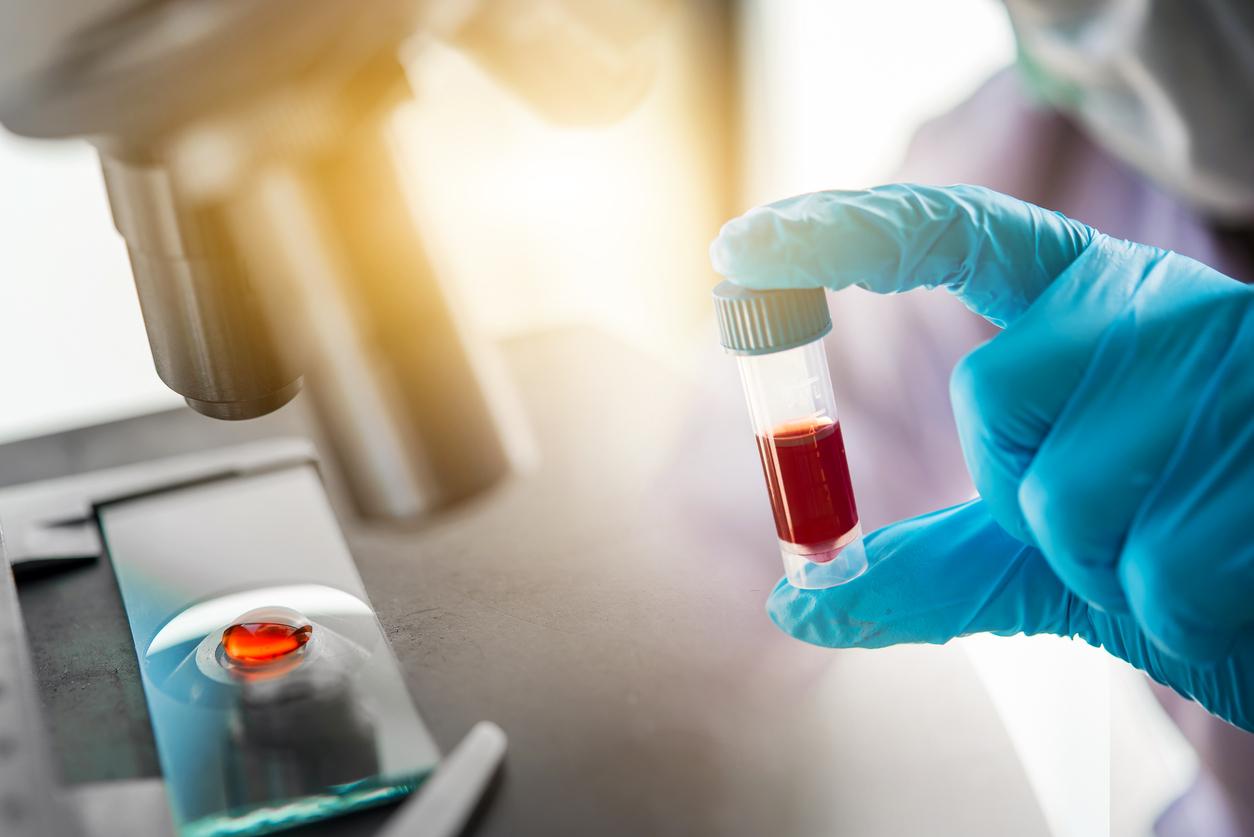Cancer cells get their energy from lipids, according to a study that changes the perception of cancer progression.

The University of Louvain (Belgium) has just announced a major discovery in the field of oncology. To survive and thrive, cancer cells feed on lipids, according to results published in the journal Cell Metabolism. A study which could modify our approach to the evolution of cancers, but also open the way to therapeutic avenues unexplored to date.
Acidity of tumors
“Cancer cells reveal metabolic fragility: the more a tumor grows, the more it acidifies, the more it becomes dependent on lipids as an energy source”, explain the authors in a communicated of the University. Until now, it was known that cancer cells develop by drawing their energy from glucose, which they are very hungry for. This is true, explain the researchers, but incomplete.
In fact, this intense consumption of glucose generates very high tumor acidity (tumors 10 times more acidic than healthy tissue), which profoundly changes the metabolism of these cancer cells. Researchers are thus showing how the same cancer cell can capture lipids available in its environment to extract energy and simultaneously manufacture it.
A disturbance
“This is a specific cancer disorder since in the cells of healthy tissues, control systems prevent this process in order to prevent a cell from consuming the lipids that it has produced itself”, specify the authors, who carried out their observations in vitro on cells immersed in acidosis conditions (ambient acidity of tumors).
In an acidosis situation, this control system is therefore inactivated in tumors, which makes possible the synthesis of new lipids and the concomitant production of energy. “This metabolic anomaly is a major contributor to the unbridled growth of cancer cells.”
New therapeutic avenue
This discovery paves the way for treatments aimed at blocking the exacerbated use of lipids by cancer cells. In their article, the researchers show that such compounds capable of interfering with the uptake and synthesis of lipids block the growth of tumors in mice.
.

















